Can You Put Essential Oils in Water and Drink It
Curious about the world of essential oils and their potential benefits?
Explore the ins and outs of using essential oils for consumption, different ways to consume them, risks, and potential benefits.
Learn about proper dilution ratios, recommended dosages, and alternatives to drinking essential oils in water.
Grab a glass of water and let’s get started!
Key Takeaways:
What Are Essential Oils?
Essential oils are highly concentrated aromatic compounds derived from plants that are known for their potential health and wellness benefits when used in a safe and research-backed manner.
The history of essential oils dates back centuries, with ancient civilizations like the Egyptians, Greeks, and Romans utilizing them for various purposes, including medicinal and cosmetic applications. Extraction methods have evolved over time, with popular techniques such as steam distillation, cold pressing, and solvent extraction being used to obtain these potent oils. When inhaled or applied topically, essential oils interact with the body’s limbic system, influencing emotions, behaviors, and even physiological responses. It’s crucial to understand the potency of these oils and their potential effects on the skin, internal organs, and overall well-being.
Can Essential Oils Be Consumed?
Essential oils can be consumed, but it is crucial to do so with caution, ensuring proper dilution and adherence to safety guidelines to prevent any potential risks or dangerous effects.
When considering the ingestion of essential oils, remember that they are highly concentrated extracts and should never be consumed undiluted, as it can lead to irritation or harm. It is advised to follow recommended dilution ratios, typically around 1-2%, especially for internal use. Consulting with a healthcare professional or aromatherapist before ingesting essential oils is highly recommended to ensure they are suitable for your individual health needs.
The Food and Drug Administration (FDA) does not regulate essential oils for internal use, so it is essential to purchase high-quality oils from reputable sources to avoid contamination or impurities. When blending essential oils for ingestion, it is crucial to mix them with safe carrier oils like coconut, olive, or jojoba oil to dilute their potency and reduce the risk of adverse reactions.
What Are the Different Ways to Consume Essential Oils?
There are several methods to consume essential oils, including ingestion, topical application, and inhalation, each offering unique benefits for overall wellness and health.
When ingesting essential oils, it is crucial to do so under the guidance of a qualified healthcare professional. This method allows the oils to enter the body through the digestive system, providing internal support for various systems.
Topical application involves diluting essential oils with a carrier oil and applying them directly to the skin. This method allows for targeted relief, as the oils are absorbed through the skin and interact with the body locally.
Inhalation, whether through diffusion or direct inhalation, offers a quick way for the body to absorb the aromatic compounds of essential oils. This method can positively impact mood, respiratory health, and overall well-being.
Is It Safe to Put Essential Oils in Water and Drink It?
Adding essential oils to water for consumption can be safe if done correctly, especially with citrus oils like Lemon, Peppermint, or Grapefruit, but caution must be exercised to avoid potential harm or intoxication.
When using essential oils, it is crucial to remember that they are highly concentrated extracts and should be diluted properly before ingestion. Citrus oils like Lemon, Peppermint, and Grapefruit can bring numerous health benefits, such as aiding digestion, boosting immunity, and providing a refreshing flavor profile to your water.
Improper dosage or purity of the oil can lead to adverse reactions like skin irritation, gastrointestinal upset, or even liver damage. Therefore, always consult a qualified aromatherapist or healthcare professional before incorporating essential oils into your daily routine.
What Are the Risks of Drinking Essential Oils?
Consuming essential oils orally can pose risks such as digestive issues, nausea, skin sensitivities, and potential adverse effects on weight loss, immunity, or purification processes.
When ingested, essential oils are highly concentrated and can overwhelm the digestive system, leading to indigestion, stomach upset, or even more severe reactions in some individuals. It is crucial to remember that essential oils are not meant to be ingested without proper guidance from a healthcare professional.
Applying undiluted essential oils directly to the skin can cause irritation, redness, or even burns in sensitive individuals. In terms of weight management, their consumption may disrupt metabolic processes and interfere with healthy eating habits.
What Are the Benefits of Drinking Essential Oils in Water?
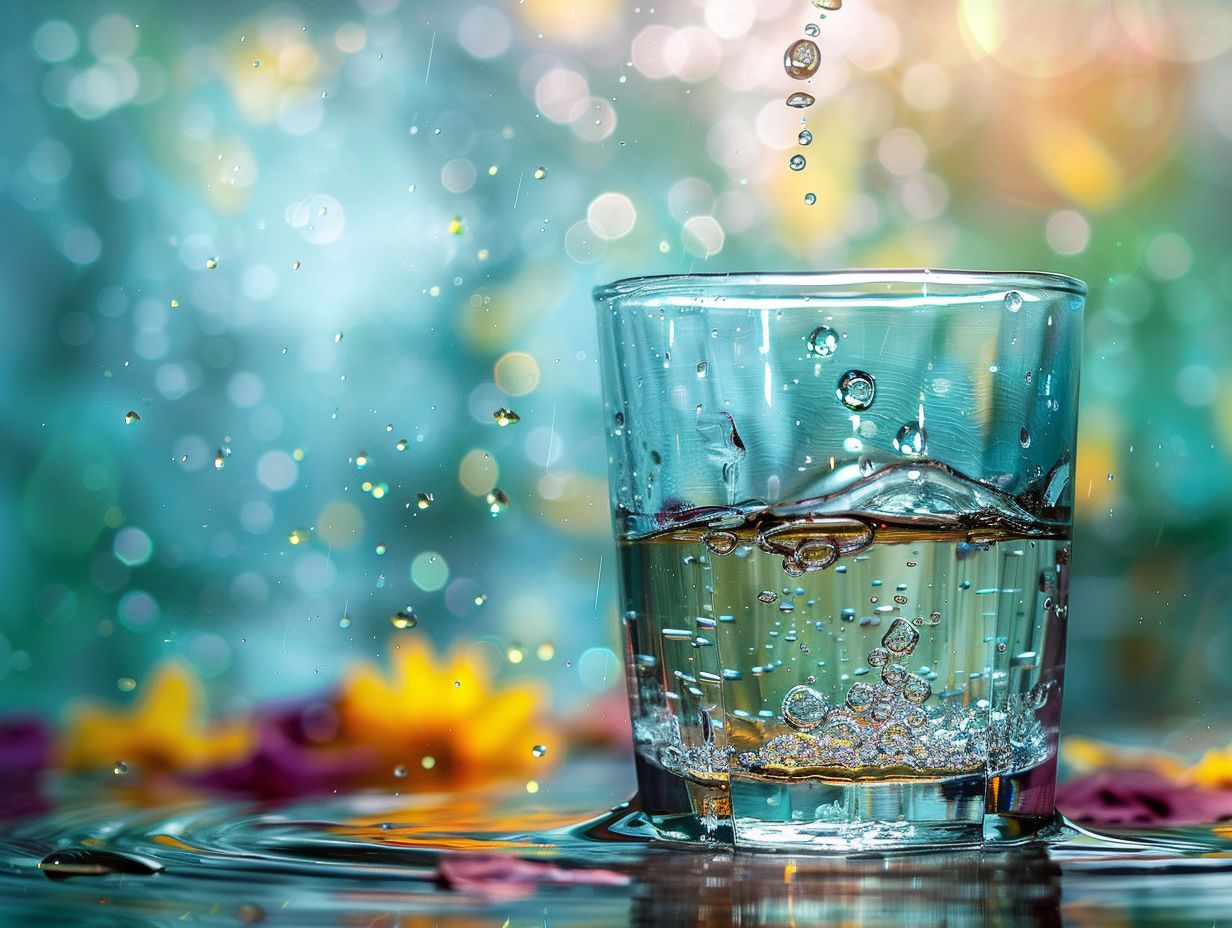
Drinking essential oils in water can offer various benefits, including improved digestion, healthier skin, enhanced immune system, and relief from stress and anxiety.
When essential oils are added to water, they can work wonders for the overall well-being of the individual. The process of ingesting essential oils in water can aid in regulating digestion by soothing the digestive tract and promoting better nutrient absorption.
- Incorporating essential oils into your water routine may also lead to a noticeable improvement in skin health, as these oils possess properties that can hydrate and rejuvenate the skin from within.
- Not only that, but essential oils can also help boost the body’s immunity, thanks to their antimicrobial and anti-inflammatory qualities, which fortify the immune system’s defenses against illnesses and infections.
The calming aroma of certain essential oils when consumed in water can have a soothing effect on the mind, helping to reduce stress levels and alleviate symptoms of anxiety.
Aids in Digestion
Consuming certain essential oils can aid in digestion by supporting a healthy stomach and digestive system, particularly citrus oils like Lemon and Grapefruit.
These citrus oils are known for their ability to stimulate the production of digestive enzymes, which help break down food more efficiently, thereby reducing bloating and indigestion. Additionally, Lemon and Grapefruit oils have antimicrobial properties that can help combat harmful bacteria in the gut, promoting a balanced gastrointestinal environment.
These oils can also act as natural appetite suppressants, aiding in weight management by curbing cravings and promoting feelings of fullness. Their refreshing scents can provide a soothing effect on the stomach, relieving symptoms of nausea and discomfort.
Boosts Immune System
Drinking essential oils can help boost the immune system, especially oils known for their immunity-enhancing properties like Lemon and Peppermint, promoting overall health and wellness.
These citrus oils, rich in antioxidants and vitamin C, play a vital role in supporting the immune system by fighting off harmful pathogens and strengthening the body’s defense mechanisms. The aromatic properties of essential oils such as Lemon and Peppermint can help alleviate stress and aid in relaxation, further contributing to a healthy immune response. When used appropriately and diluted properly, incorporating these oils into your daily routine can provide a natural way to boost immunity and improve overall well-being.
Relieves Stress and Anxiety
Certain essential oils, when consumed, can help relieve stress and anxiety, offering a natural and aromatic way to promote mental wellness and relaxation.
Among these beneficial oils,
- Lavender stands out for its calming effect on the mind and body, making it a popular choice for relaxation. Its sweet floral aroma has been shown to reduce cortisol levels and induce a sense of peace and tranquility.
- Chamomile is another powerful oil known for its soothing properties, ideal for promoting relaxation and alleviating anxiety. The subtle, apple-like scent of chamomile can help ease tension and promote a restful sleep.
Promotes Healthy Skin
Drinking essential oils in water can promote healthy skin by providing nourishment from within, especially citrus oils like Lemon and Grapefruit known for their skin benefits.
Essential oils such as Lemon and Grapefruit are rich in antioxidants, which help protect the skin from free radicals and environmental damage, reducing signs of aging and improving overall skin texture. These oils have antibacterial properties that can combat acne-causing bacteria and promote a clearer complexion. Incorporating citrus oils into your skincare routine can also help brighten dull skin, even out skin tone, and enhance a natural glow, making them a versatile and effective addition to your beauty regimen.
How to Properly Dilute Essential Oils in Water for Consumption?
Properly diluting essential oils in water is essential for safe consumption, ensuring the right blend and dilution ratio to comply with FDA guidelines and prevent any potential harm.
When diluting essential oils in water, always remember that essential oils are highly concentrated and can cause irritation or adverse reactions if not properly diluted. The essential oil mixing guide recommends a standard dilution ratio of 1-2%, which means adding only a few drops of essential oil to a larger amount of water or carrier oil. Suitable blending solvents like carrier oils, alcohol, or vinegar can help disperse the oils evenly in water.
It’s important to follow best practices such as using high-quality, pure essential oils and thoroughly mixing the solution to ensure proper dispersion. Always consult a qualified aromatherapist or healthcare professional before ingesting any diluted essential oils to ensure safety and efficacy.
What Is the Recommended Dilution Ratio?
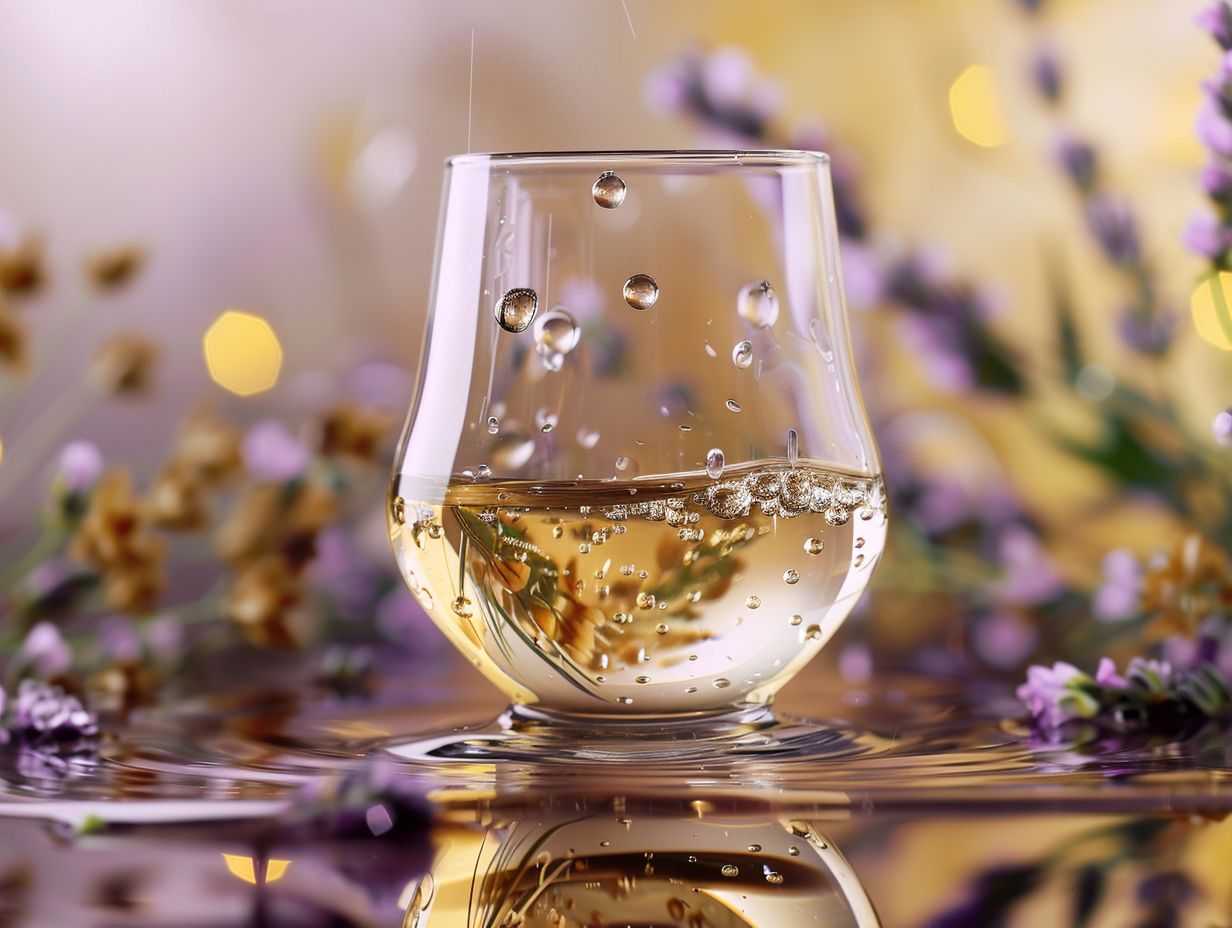
It is crucial to exercise caution when diluting essential oils in water for consumption, as improper ratios can lead to adverse reactions. Essential oils are highly concentrated and potent, requiring careful dilution to prevent irritation or sensitization.
A general guideline is to use a dilution ratio of 1-2 drops of essential oil per 8 ounces of water, but it is essential to consider the strength of the oil and individual sensitivities. Can you put essential oils in drinks for additional benefits?
Overdiluting may also lead to reduced efficacy, diminishing the potential benefits of the oils. It is recommended to start with lower concentrations and gradually adjust based on personal tolerance and desired effects.
What Types of Essential Oils Are Safe to Consume?
Certain essential oils are considered safe for consumption when used in moderation and following FDA guidelines, promoting overall wellness and health benefits without adverse effects.
These ingestible oils, when used correctly, can not only enhance physical well-being but also support mental clarity and emotional balance. It’s crucial to remember that ingesting essential oils should be approached with caution and knowledge. Always check the purity and quality of the oils before consumption, and consult a healthcare professional if needed.
- One of the most popular oils for internal use is peppermint oil, known for its digestive support and fresh flavor when added to water or tea.
- Lemon oil is another ingestible option that can help detoxify the body and boost immunity.
What Are the Recommended Dosages?
Recommended dosages of essential oils for consumption vary depending on the oil type, individual health status, and overall wellness goals, ensuring safe and effective usage for optimal health benefits.
It is crucial to understand that different essential oils contain varying levels of potency and active compounds, which can influence their recommended doses. For instance, peppermint oil may require a lower dosage compared to tea tree oil due to their respective strengths. One’s unique health conditions such as allergies and sensitivities must be taken into account when determining the right amount of oil to consume. Maintaining moderation and consulting with a healthcare professional or aromatherapist can help individuals navigate the complexities of using essential oils internally.
What Are the Alternatives to Drinking Essential Oils in Water?
Apart from consuming essential oils in water, alternatives include topical application, aromatherapy, and inhalation, each offering unique ways to benefit from the properties of essential oils for wellness and health.
Topical application involves diluting essential oils with a carrier oil and applying them directly to the skin, allowing for absorption and targeted benefits. This method is popular for massages, skincare routines, and spot treatments for various ailments.
Aromatherapy utilizes the inhalation of essential oil vapors to promote relaxation, mental clarity, and emotional balance. Whether diffused in the air or added to bathwater, the scents can positively impact mood and stress levels. essential oils in water to drink
Inhalation, on the other hand, involves direct breathing of the oil’s aroma, which can stimulate the olfactory system and potentially bring about physiological changes within the body.
Topical Application
Topical application of essential oils involves directly applying them to the skin, allowing for targeted effects such as skin health, purification, and potential therapeutic benefits.
Can you put essential oils in a drink brings about various health benefits when applied topically, as they can penetrate the skin layers, reaching the bloodstream and affecting various systems in the body. The skin, being the body’s largest organ, can absorb these oils.
Essential oils contain bioactive compounds that can promote skin regeneration, reduce inflammation, and support overall skin health. The application of essential oils can aid in purifying the skin by removing impurities and promoting a clearer complexion.
Aromatherapy
Aromatherapy involves inhaling essential oils to promote wellness, relaxation, and various therapeutic effects, offering a holistic approach to harnessing the benefits of aromatics.
Essential oils, derived from plants, have been used for centuries in various cultures for their potential healing properties. The practice of aromatherapy is based on the belief that inhaling these oils can positively impact physical, emotional, and mental well-being.
Whether through direct inhalation, diffusers, or added to bath water, the aroma of these oils can stimulate the limbic system in the brain, which is responsible for emotions and memories, leading to relaxation and stress relief.
Inhalation
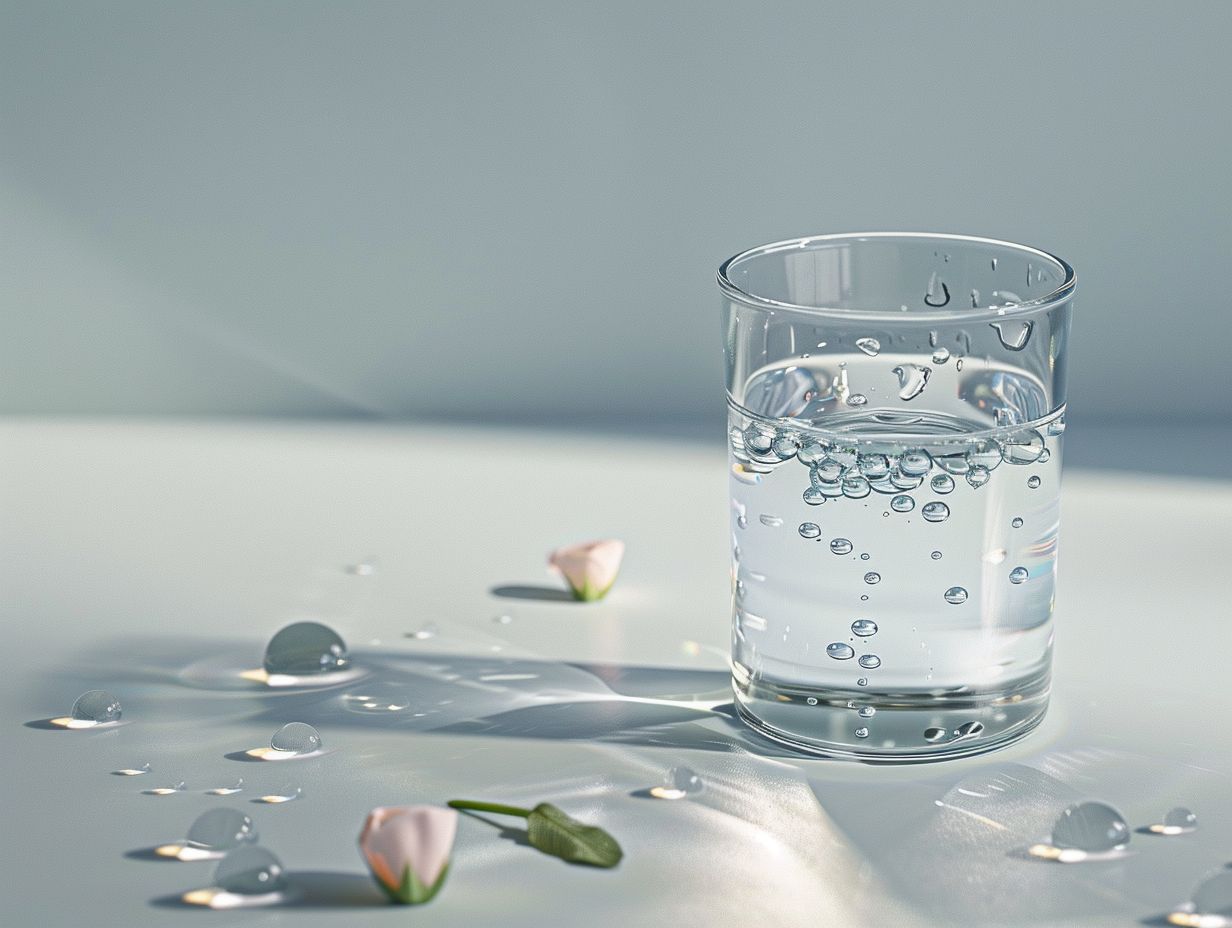
When essential oils are inhaled, their molecules travel through the nasal passage, reaching the olfactory nerve and limbic system in the brain. This direct pathway can trigger emotional responses, promote relaxation, or even boost energy levels. Inhalation is a quick and efficient way for the body to absorb the therapeutic compounds present in the oils, bypassing the digestive system.
Unlike ingestion, inhalation of essential oils eliminates the risk of adverse reactions from oral consumption, especially for individuals with sensitive stomachs or allergies. It also allows for targeted effects based on the specific oil’s properties. Whether through diffusion, inhalers, steam inhalation, or simply inhaling from the bottle, this method provides a versatile means to integrate aromatherapy with oils into daily routines.
Frequently Asked Questions
Can You Put Essential Oils in Water and Drink It?
Yes, you can put essential oils in water and drink it. However, there are some precautions you should take to ensure it is safe for consumption.
What are the precautions to take when putting essential oils in water and drinking it?
First, make sure the essential oil you are using is safe for ingestion. Some oils can be toxic when ingested. Also, always dilute the oil with a carrier oil before adding it to water.
How much essential oil should I add to water for drinking?
It is recommended to add no more than 1-2 drops of essential oil to a glass of water. Using too much can cause irritation or adverse reactions.
Which essential oils are safe to put in water and drink?
Some safe essential oils for consumption include peppermint, lemon, and lavender. Always check the label or consult with a certified aromatherapist before ingesting any essential oil.
What are the potential benefits of drinking water with essential oils?
Drinking water with essential oils can help improve digestion, boost immunity, and provide a natural energy boost. It can also add flavor to plain water and help you stay hydrated.
Are there any risks to drinking water with essential oils?
Yes, there can be risks if the essential oil is not properly diluted or if it is not safe for ingestion. It is also important to note that essential oils are not a replacement for proper medical treatment and should not be used to treat any health conditions.

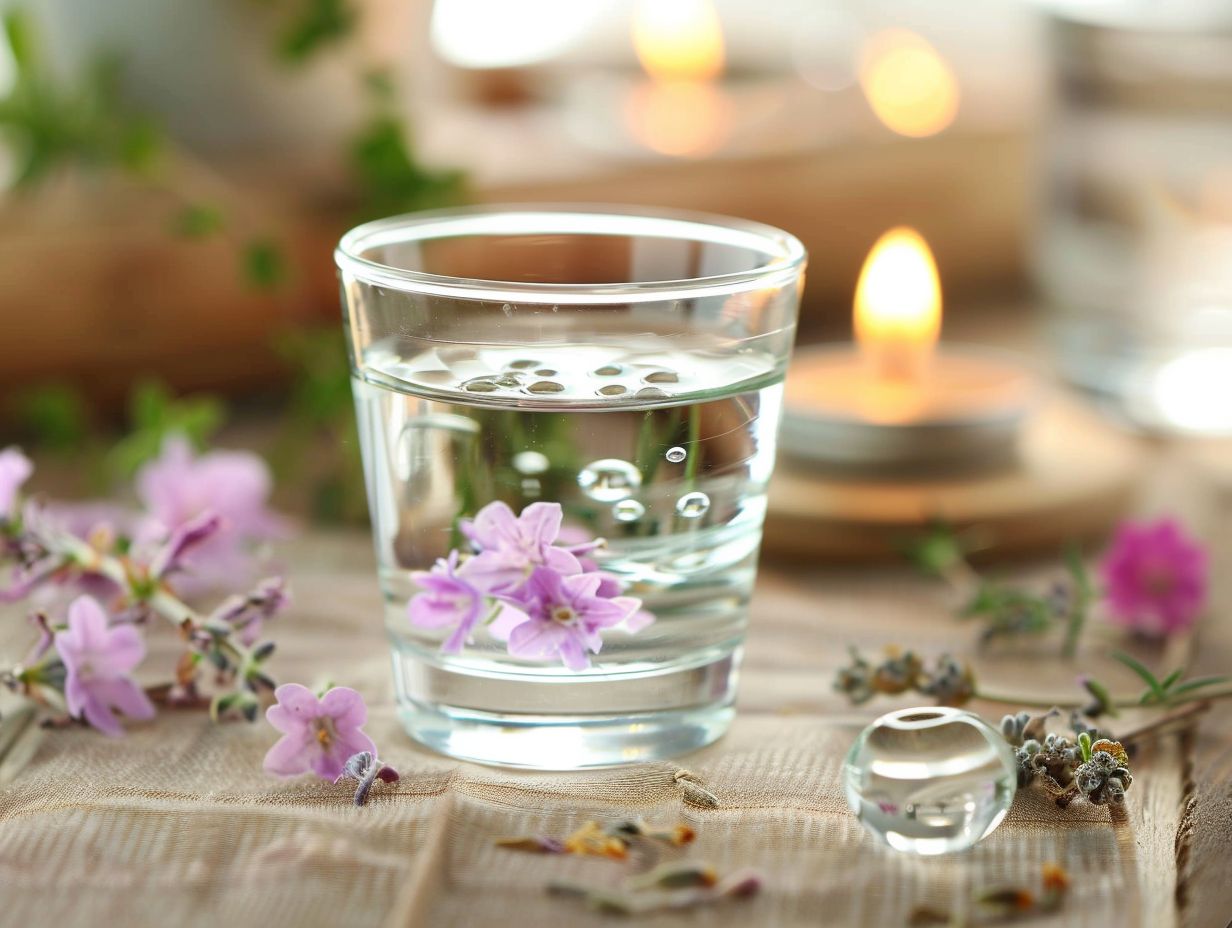
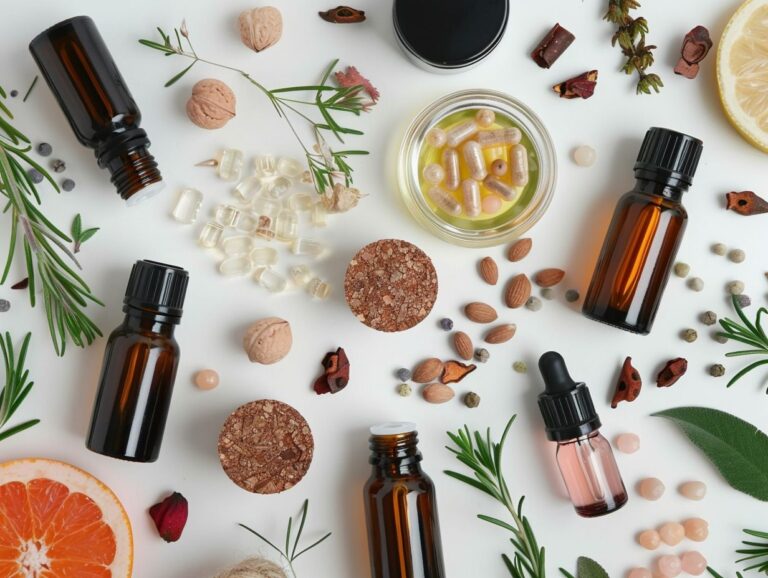
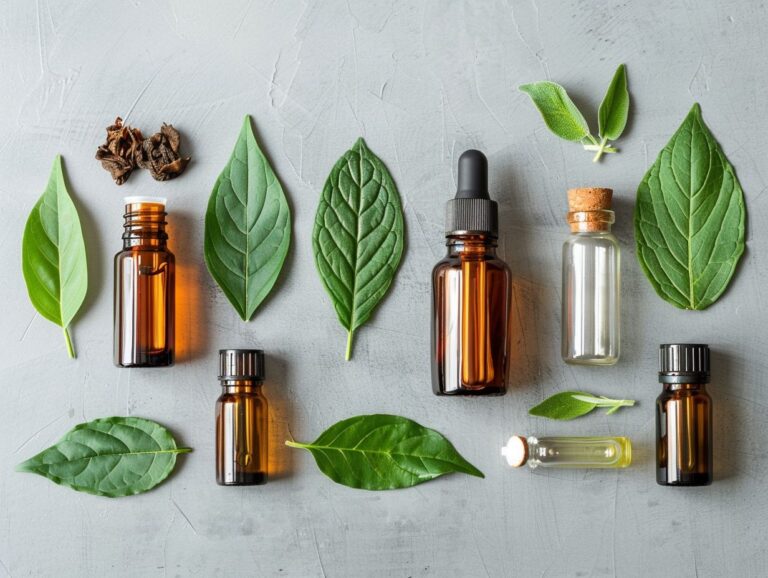
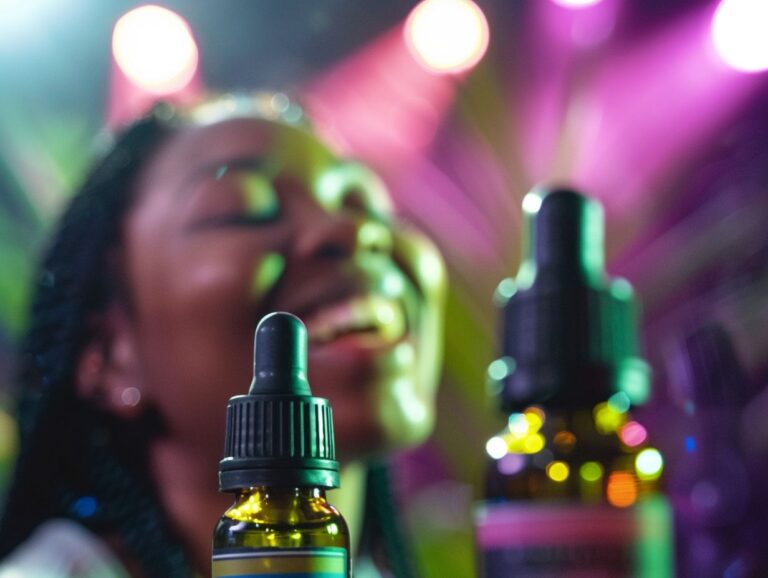


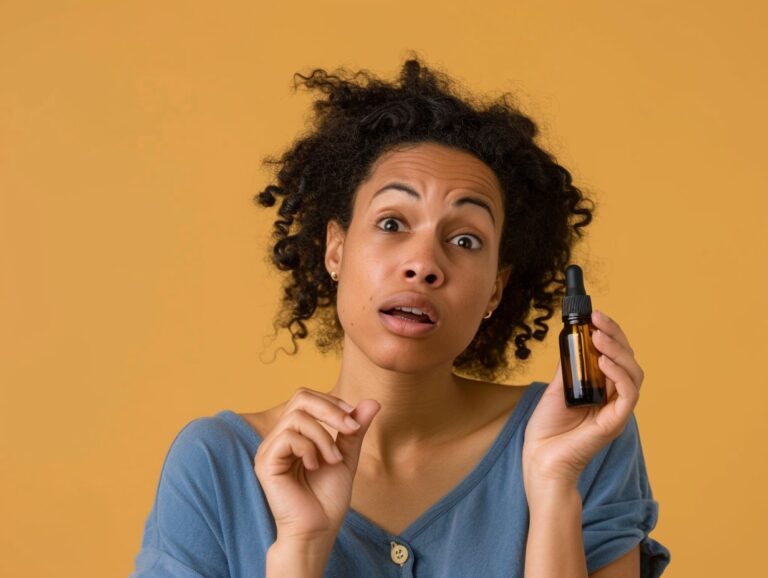
One Comment